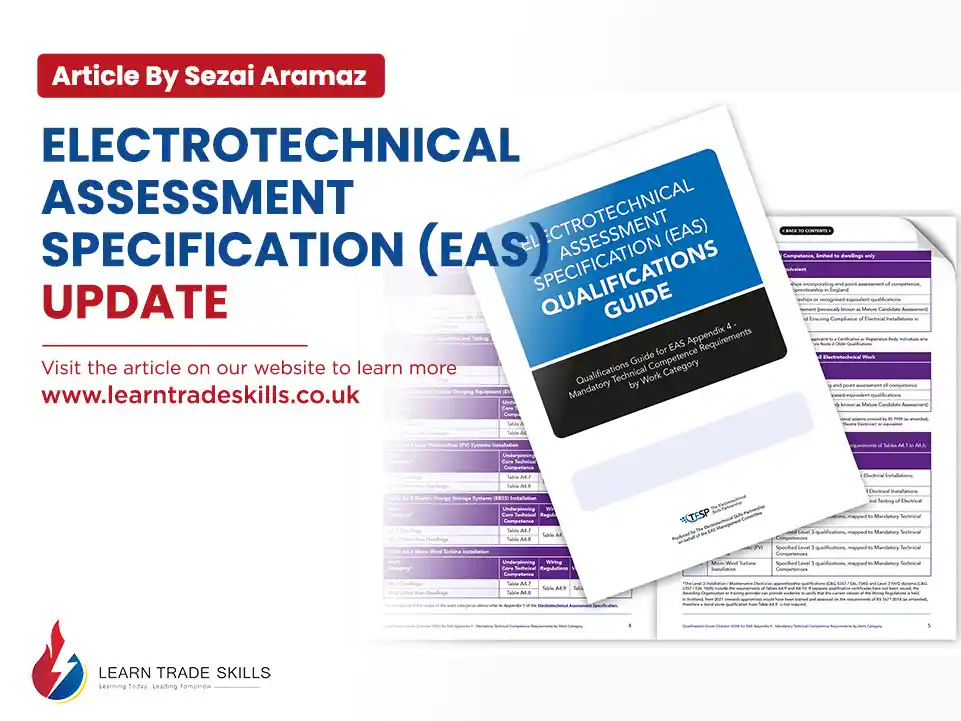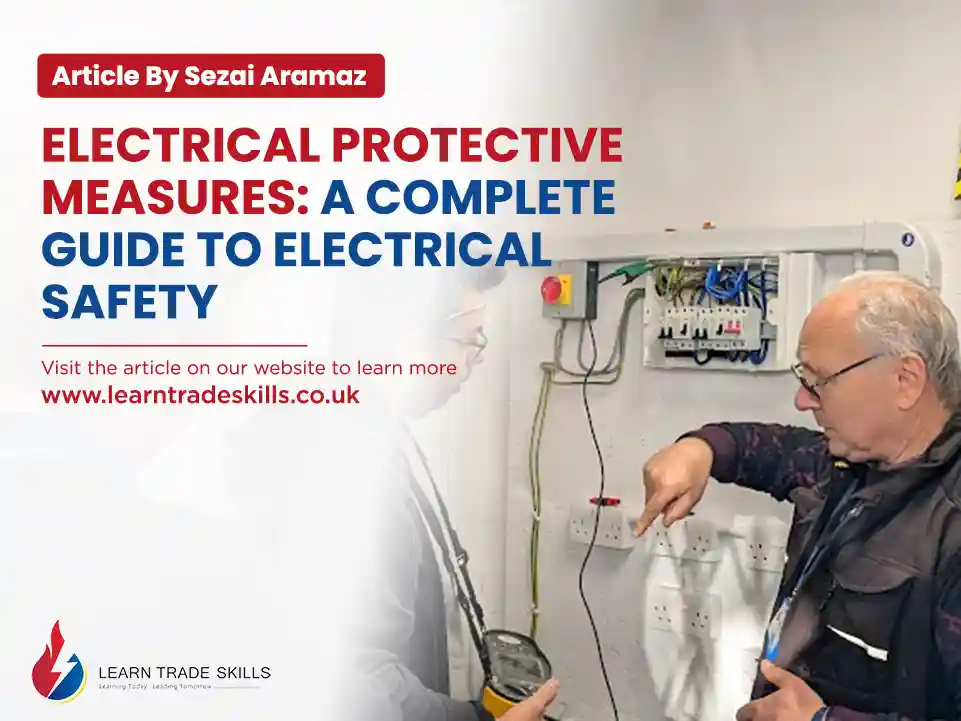

The current Energy Bill Relief Scheme, announced in September 2022, will come to an end on March 31st. The scheme has been supporting businesses and public sector organisations by providing a reduction on unit rates. Unlike the Ofgem Price cap for the domestic market, this energy saving scheme is not subject to a price cap review.
The Government have announced that they will be introducing a new Energy Bills Discount Scheme (EBDS) from April 2023. This scheme will then run until April 2024 for those that are eligible.
Although the government will continue to support businesses during the current economic crisis by offering discounts on energy bills, businesses will see less financial support available as funding for these schemes has been reduced from around £18.5 billion for six months beginning October 1, 2022 (the Energy Bill Relief Scheme) to £5 billion beginning April 1, 2023. (Energy Bills Discount Scheme). As a result, firms may continue to pay more.
Once the current energy-saving scheme expires, eligible businesses will be added to the scheme, with suppliers automatically deducting the amount from your billing statement.
As a result, there is no need to contact your provider or fill out any documents.
The scheme will be available to everyone on a non-domestic contract including:
Similar to household consumers, minimising energy consumption is usually centred on developing good energy habits. This can be accomplished in a variety of ways, including educating staff members and asking them to turn off appliances when not in use, heating the premises at a specific time, changing light bulbs to more energy efficient bulbs, and even installing motion sensor lights in places such as washrooms and corridors. You can learn how to do these installations yourself by taking an electrical training course with Learn Trade Skills.
Further information on the Energy Bill Relief Scheme can be found via the gov website.
Energy Bill Relief Scheme: help for businesses and other non-domestic customers
Learn Trade Skills offers an extensive array of electrical training courses ranging from beginner to advanced.
Check out our electrical courses here.
Tolga Aramaz is the Director of Learn Trade Skills (LTS), a family-run training centre specialising in electrical installations. With years of experience and a deep understanding of the electrical industry, Tolga is known for their exceptional organisational skills, attention to detail, and commitment to delivering outstanding results. They provide valuable insights and guidance to electricians, contractors, and businesses, ensuring compliance with industry regulations and safety protocols. Through engaging training programmes and consultancy services, Tolga empowers professionals to excel in their roles, fostering long-term relationships built on professionalism and customer satisfaction.



© Copyright Learn Trade Skills 2025
“Lorem ipsum dolor sit amet, consectetur adipiscing elit. Ut pretium tristique purus nec consectetur. Nulla feugiat eget tellus aliquam scelerisque. Sed eget luctus enim, sed mattis enim. Lorem ipsum dolor sit amet, consectetur adipiscing elit. Ut pretium tristique purus nec consectetur. Nulla feugiat eget tellus aliquam scelerisque. Sed eget luctus enim, sed mattis enim.Nulla feugiat eget tellus aliquam scelerisque. Sed eget luctus enim, sed mattis enim. Lorem ipsum dolor sit amet, consectetur adipiscing elit. Ut pretium tristique purus nec consectetur. Nulla feugiat eget tellus aliquam scelerisque. Sed eget luctus enim, sed mattis enim.”
William Goss
Electrician course
11/11/2024